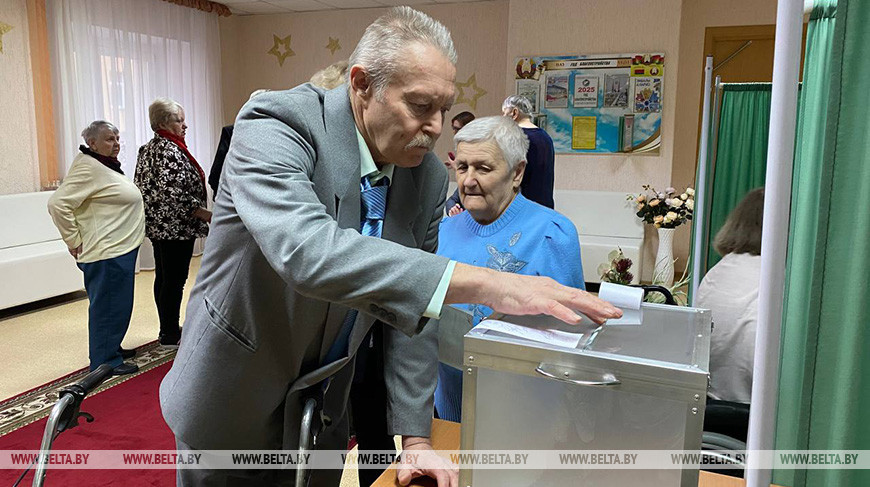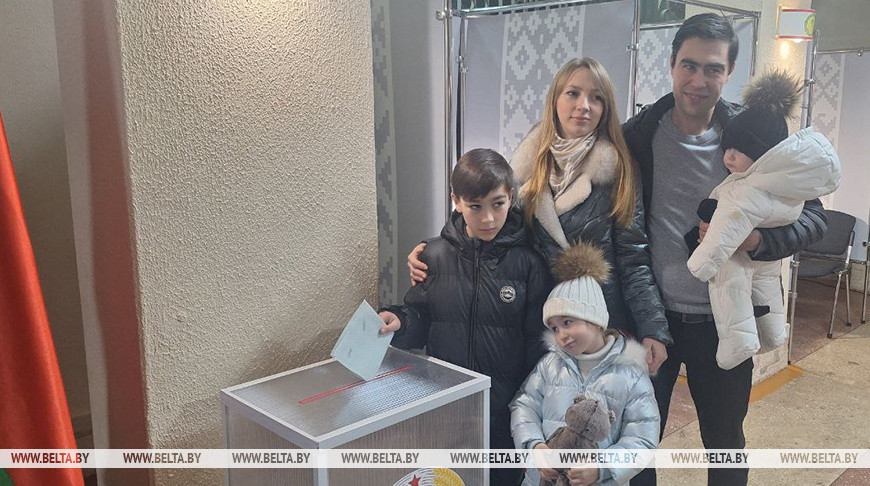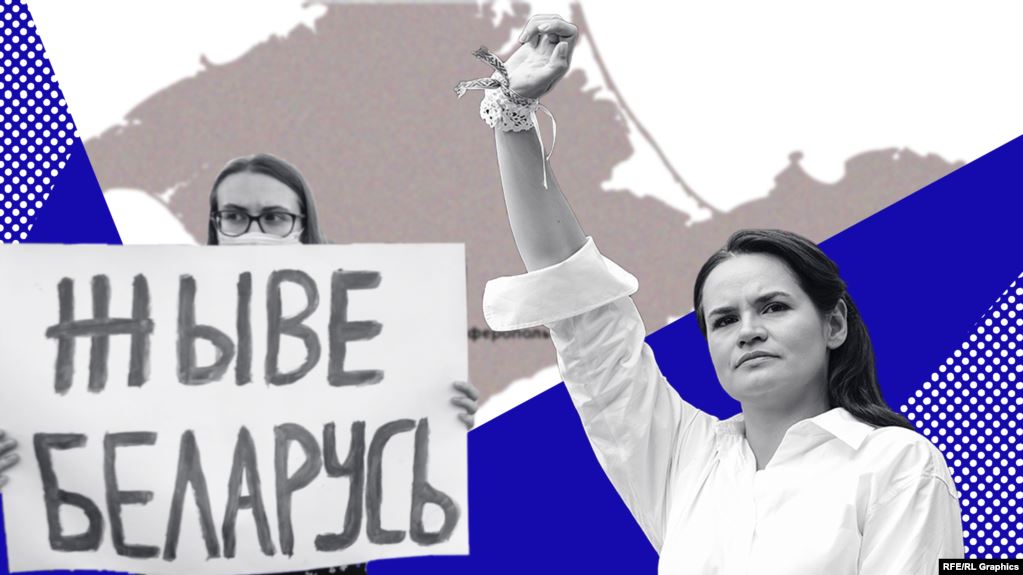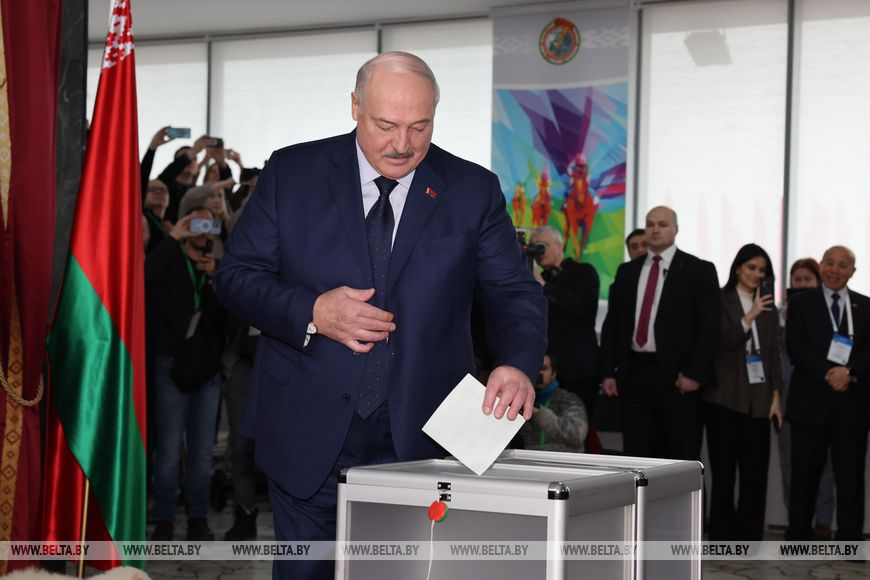Aliaksandr Lukashenka secured another term as Belarus's president with 86.8% of the vote in an election that faced strong international criticism calling it a "sham."
Lukashenka, who has ruled Belarus since 1994, cast his ballot in the capital as he sought a seventh term in office.
The election saw four other candidates receiving significantly lower percentages: Sergei Syrankov with 3.21%, Oleg Gaidukevich with 2.02%, Anna Kanopatskaya with 1.86%, and Alexander Khizhnyak with 1.74%. 3.60% of voters chose "against all" candidates, according to the country's Central Election Commission, Belta reports.
This electoral process marked a departure from international monitoring standards when Lukashenka's administration declined to invite the Organization for Security and Co-operation in Europe (OSCE) observers, effectively preventing an independent assessment of the voting process.


The vote also occurred against a backdrop of political repression, with the Belarusian human rights center Viasna reporting over 1,200 political prisoners remain in jail.
Tsikhanouskaya, who emerged as a prominent opposition figure in 2020 after her husband was jailed for his presidential bid, organized protests in Warsaw on 26 January, where demonstrators carried white-red-white flags symbolizing opposition to Lukashenka's rule.
Exiled opposition leader Tsikhanouskaya told Bloomberg TV the vote was "an imitation, a farce" and "a ritual for Lukashenka."

Hungarian representatives have blocked a joint appeal by EU countries to reject the presidential elections in Belarus, according to informed sources of Radio Liberty in Brussels.
Earlier, Hungary and Slovakia had refused to sign the draft statement on behalf of the 27 EU countries, however later Slovak representatives agreed to sign the appeal, while the Hungarian authorities remained the only EU member state to refuse to sign the statement.
In response, EU High Representative for Foreign Affairs Kaia Kallas and EU Commissioner for Enlargement Marta Kos issued their own joint statement.
In the statement, they condemned Belarus's presidential election as a sham, citing severe restrictions on human rights, political participation, and media freedom.
They highlighted that Belarus gave OSCE observers only 10 days' notice before the election, effectively preventing proper monitoring.
The statement emphasized that the EU will maintain sanctions against Belarus due to both its domestic repression and support for Russia's war in Ukraine, while continuing to support Belarusian civil society and democratic forces in exile.
“Democracy requires free, fair and transparent elections, taking place in a society where human rights prevail, without restrictions to freedom of assembly or speech and in which a pluralist media can operate freely. This is not the case in Belarus,” according to the statement.
Responding to international criticism, Lukashenka dismissed concerns about Western recognition.
"I absolutely don't care if you recognize our elections or not. The main thing for me is that Belarusians recognize these elections," Belta quoted him as saying during an exchange with a BBC journalist.
The Ukrainian Foreign Ministry announced it would not recognize the results, while the OSCE expressed "deep regret" over Belarus's decision to deny access to independent election observers.
Many Belarusians have joined Ukrainian forces to resist Russian aggression. On 26 January, people in Kyiv honored Belarusian fighters who died for Ukraine, including Euromaidan activist Mikhail Zhyznyewski.
Related:
- Belarus launches military exercises near Ukrainian border
- Zelenskyy reveals Lukashenka’s apology for Russian invasion from Belarus in 2022
- Poland extends buffer zone on border with Belarus amid continued migration pressure
- Belarusian court sentences Ukrainian to ten years for alleged espionage
- Inside Kremlin’s hidden torture camp for Ukrainians in Belarus
- Journalists unveil torture camp in Belarus set up for Ukrainians, including children

